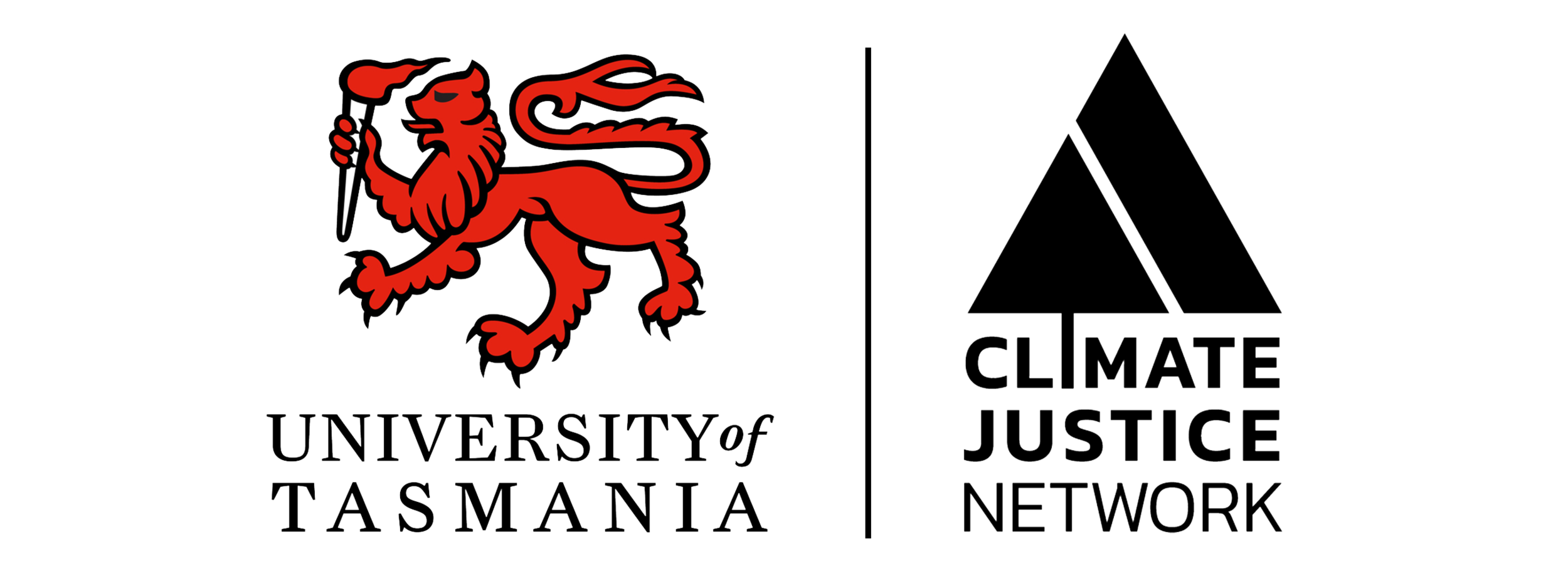Human Dignity, Imagination and the Framings of Climate Justice
Marcus Düwell, Utrecht University
Marcus Düwell discussed making sense of the topics of human dignity and climate justice from the perspective of philosophical thought. Climate justice is a challenge for human culture. Yet our current normative frameworks, which were a reaction to past threats, may not be fit to deal with the challenges climate change presents today. This situation requires a rethinking of the basis of modern and open societies in a future-oriented direction with a basis in human dignity. By imagining future generations who depend on similar life conditions to ourselves in order to have human dignity, we can create a consistent, intercultural, and compassionate understanding of ourselves, of others and of our outlooks for the future. This imagination of, and prescription for, sustainable action presupposes hope and the possibility of an open future. The results may present challenges to the post-war ideas of democracy and human rights, when the exercise of liberty rights seems responsible for many ecological challenges. Imagination is crucial for the possibility of transcending the individual perspective to find universal and intercultural understandings. Climate justice is therefore a challenge for human culture and climate projects are inherently efforts towards a shared humanity.
This talk was held at:
Imagining a Different Future
Climate Justice Conference
A multidisciplinary conference examining the barriers to responding to climate change, implementing climate justice, and proposing ways forward was held in Hobart 8-9 February 2018. Despite the Paris Agreement, there are real concerns the prevailing neoliberal economic and political model, particularly with the move to more insular, nationalistic, fragile politics, cannot respond effectively to climate change and excludes key considerations such as ethics and justice.
Keynote Presenters were: Robyn Eckersley, Steve Vanderheiden, Catriona McKinnon, Marcus Düwell, Jeremy Moss, Sivan Kartha, Lavanya Rajamani, Guy Goodwin-Gill, Jack Pezzey, Nathan Bindoff, Ben Richardson and Jan McDonald. (Full list of the presenters in the final programme.)
The University of Tasmania hosted the Conference with support of its Faculty of Law, the University of Utrecht Ethics Institute, the University of Tasmania's Institute for the Study of Social Change, Asia Institute, Faculty of Medicine, the Antarctic Climate and Ecosystems Cooperative Research Centre (ACE CRC) and the Institute for Marine and Antarctic Science (IMAS).
Videos and Podcasts from the conference are available on the Knowledge Hub.
